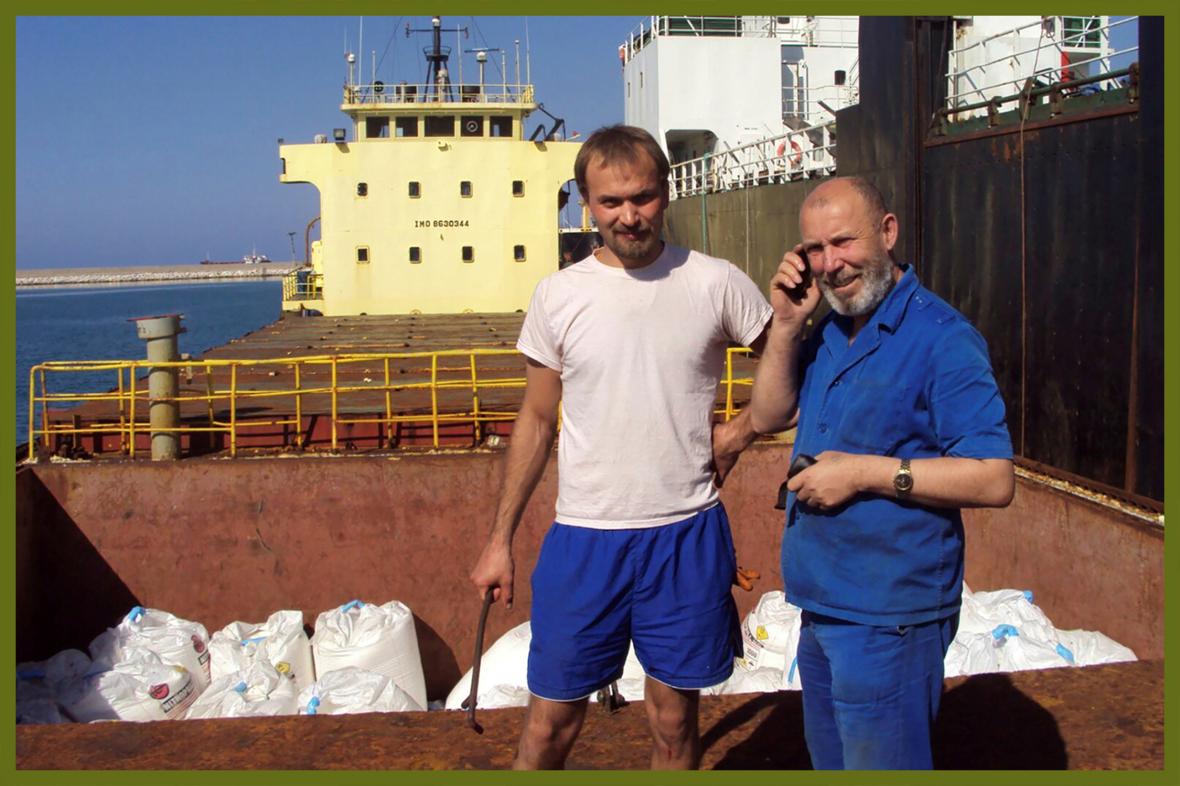
A Sunday Times Insight investigation can today reveal that thousands of elderly people were denied potentially life-saving treatment to stop the health service being overrun - contrary to the claims of ministers and NHS executives
thetimes.co.uk/edition/news/r…
thetimes.co.uk/edition/news/r…
The NHS was placed in the impossible position of having to cope with an unmanageable deluge of patients. Despite warnings the prime minister procrastinated for nine days before bringing in the lockdown. During this time the number of infections rocketed
thetimes.co.uk/edition/news/r…
thetimes.co.uk/edition/news/r…
It meant Britain had more infections than any other European country when they took the same drastic decision. As a result, the government, the NHS and many doctors were forced into taking controversial decisions - choosing which lives to save
thetimes.co.uk/edition/news/r…
thetimes.co.uk/edition/news/r…
In particular, they took unprecedented steps to keep large numbers of elderly and frail patients out of hospital and the intensive care wards so as to avoid being overwhelmed
thetimes.co.uk/edition/news/r…
thetimes.co.uk/edition/news/r…
In effect, they pushed the problem into the community and care homes, where the scale of the resulting national disaster was less noticeable
thetimes.co.uk/edition/news/r…
thetimes.co.uk/edition/news/r…
During this time, a veil of secrecy was placed over the hospitals, and the government would emerge from the crisis of those early spring months to claim complete success in achieving its objective
thetimes.co.uk/edition/news/r…
thetimes.co.uk/edition/news/r…
“Throughout this crisis, we have protected our NHS, ensuring that everybody who needed care was able to get that care,” Matt Hancock, proudly declared in an email in July. “At no point was the NHS overwhelmed"
But could this claim be true?
thetimes.co.uk/edition/news/r…
But could this claim be true?
thetimes.co.uk/edition/news/r…
• • •
Missing some Tweet in this thread? You can try to
force a refresh










